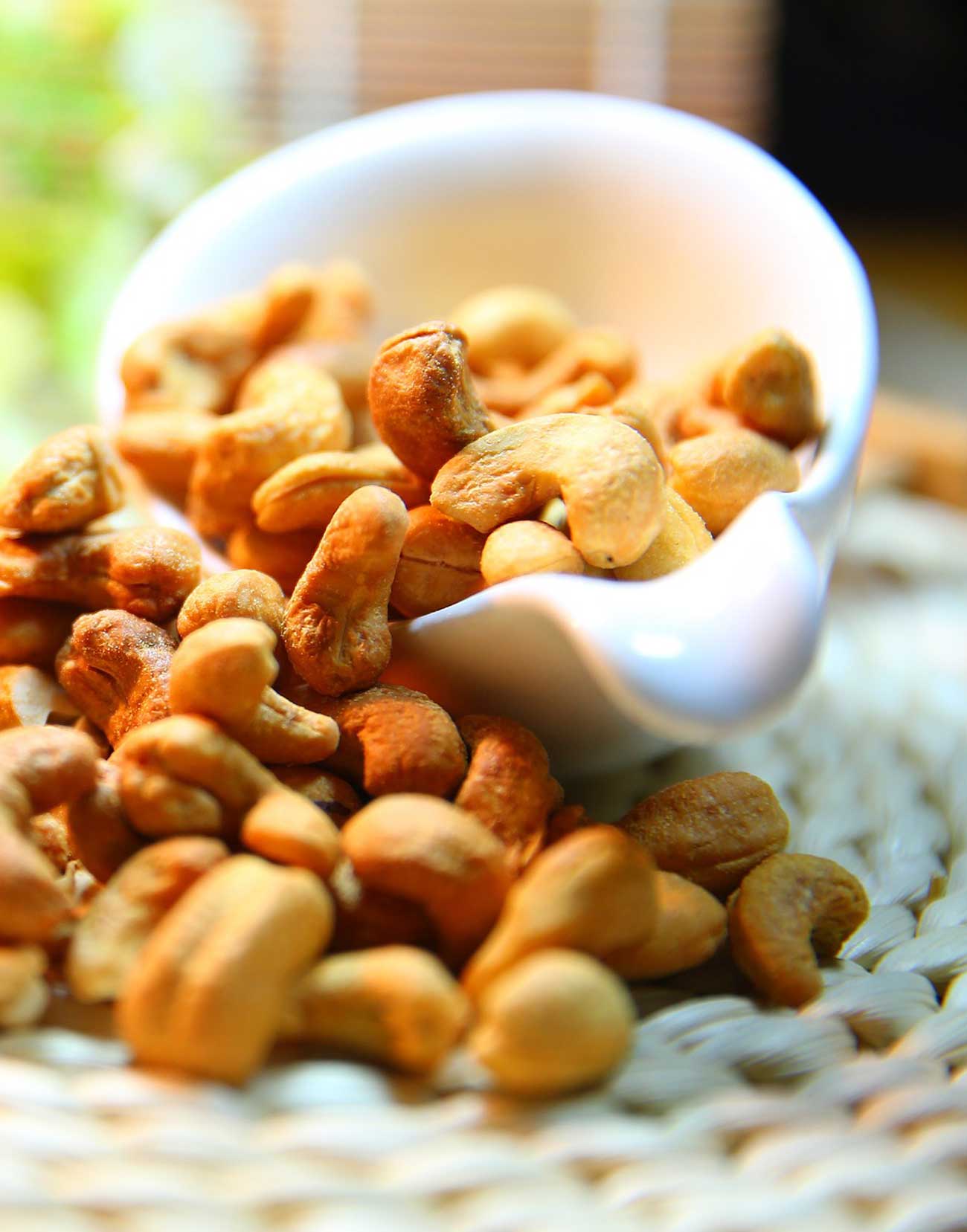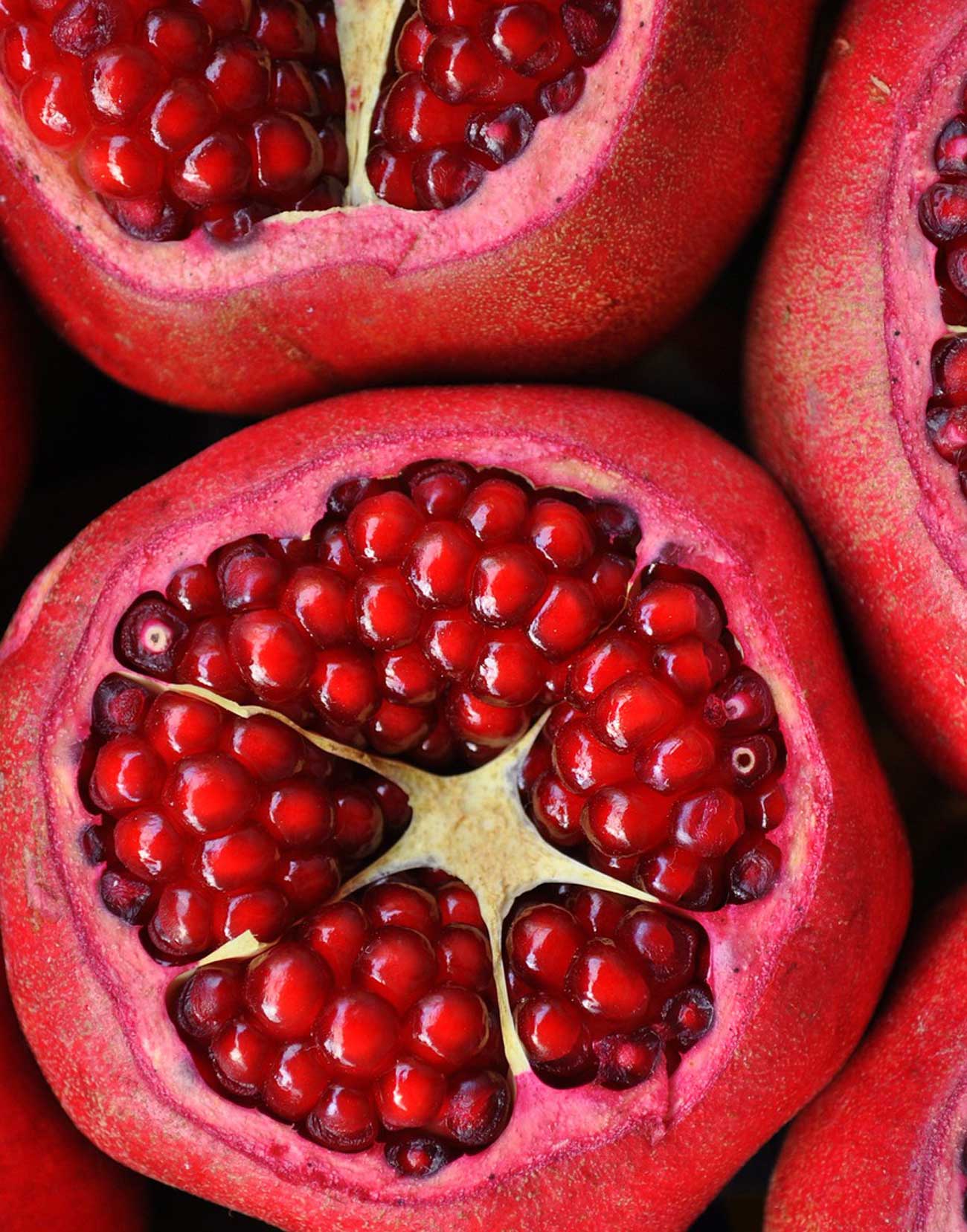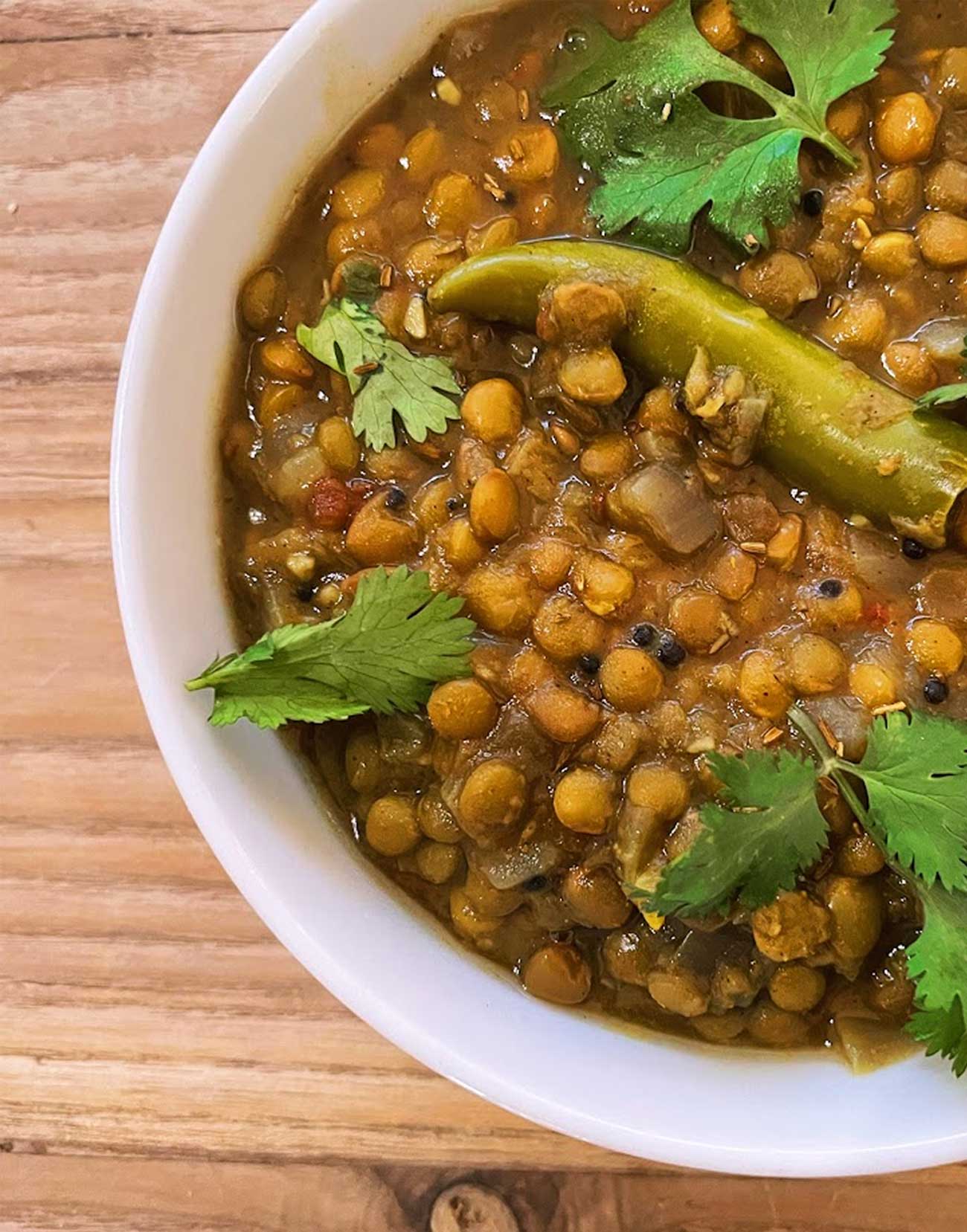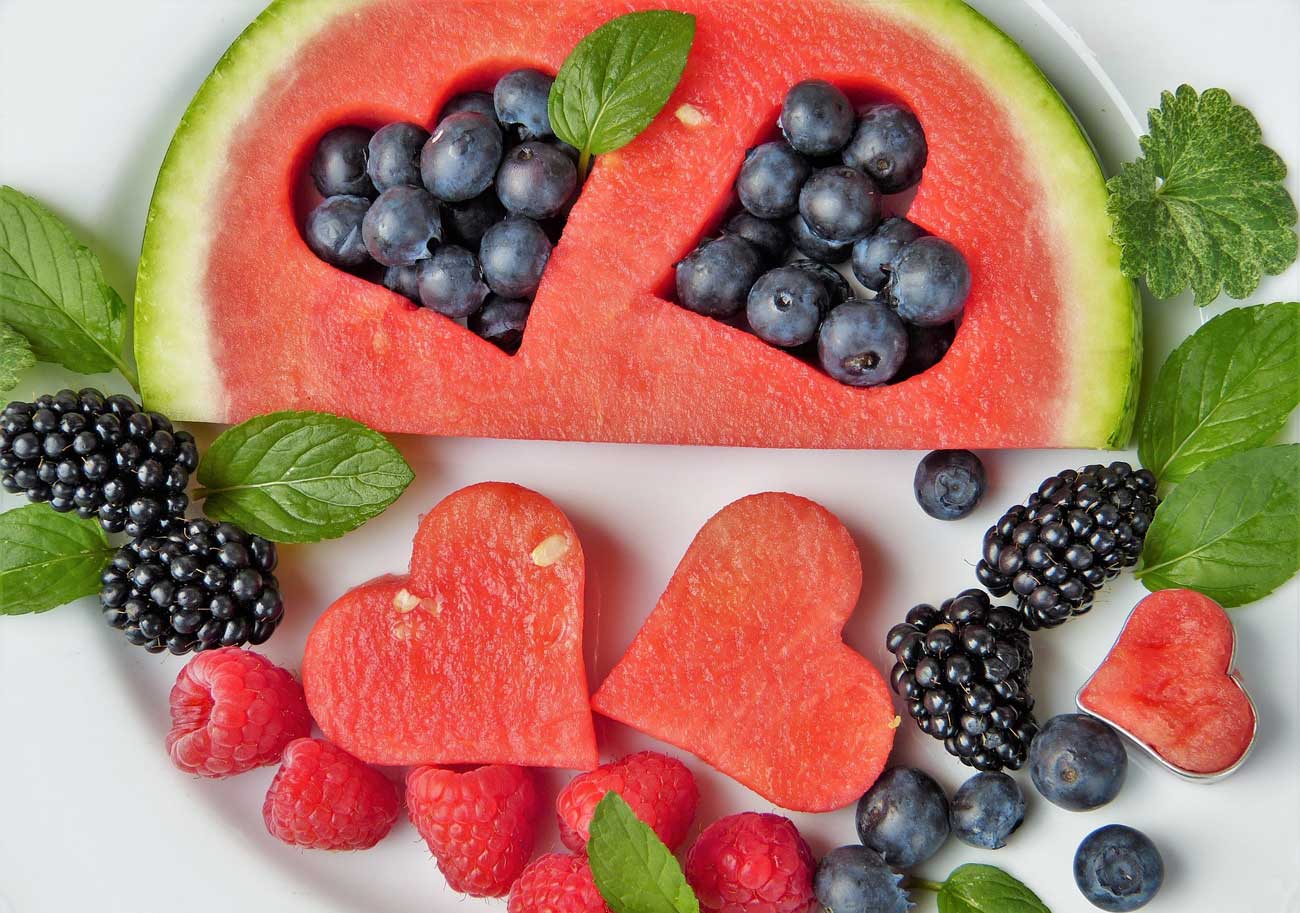
Top Diabetes-Friendly Fruits: Enjoy Healthy, Sweet Choices
Living with diabetes doesn’t mean giving up on the pleasures of eating fruit. While it’s true that fruits contain natural sugars, many also offer essential nutrients, fiber, and antioxidants that can be beneficial for managing blood sugar levels. In this article, we will explore the top diabetes-friendly fruits, helping you make informed choices that allow you to indulge your sweet tooth while keeping your health in check.
1. Berries
Berries, including strawberries, blueberries, raspberries, and blackberries, are low in sugar and high in fiber. The fiber helps slow down the absorption of sugar, preventing rapid spikes in blood glucose levels. Berries are also packed with antioxidants, which have been linked to better blood sugar control and reduced inflammation.
2. Apples
Apples are a classic choice for a reason. They are rich in fiber and have a low glycemic index (GI), meaning they won’t cause drastic blood sugar fluctuations. Remember to eat them with the skin on to maximize their fiber content and health benefits.
3. Citrus Fruits
Citrus fruits like oranges, grapefruits, and lemons are known for their vitamin C content and refreshing flavor. They are relatively low in sugar and have a low glycemic load, making them suitable for diabetics. The fiber in citrus fruits can also help regulate blood sugar levels.
4. Cherries
Cherries are another low-GI fruit that diabetics can enjoy in moderation. They contain antioxidants and may have anti-inflammatory properties, potentially offering additional benefits for those with diabetes.
5. Pears
Pears are a good source of fiber and have a low GI. They provide slow-release energy, helping to maintain stable blood sugar levels. Eating them in their whole form is preferable to drinking pear juice, which can be higher in sugar.
6. Kiwi
Kiwi is a nutrient-packed fruit that diabetics can incorporate into their diets. It’s high in vitamin C, fiber, and antioxidants. Kiwi’s relatively low sugar content makes it a favorable choice for a sweet treat.
7. Avocado
Avocado is unique among fruits as it is low in carbohydrates and sugars. It’s rich in healthy fats, fiber, and various essential nutrients. While it may not be sweet like other fruits, it can be used in salads or as a topping to add creaminess and flavor.
8. Melons
Melons such as cantaloupe and watermelon are low in calories and have a low GI. However, it’s essential to consume them in moderation, as they do contain natural sugars. Monitor your blood sugar levels to see how your body responds to melons.
9. Guava
Guava is a tropical fruit that is rich in dietary fiber and vitamin C. It has a low GI and can be a suitable addition to a diabetic-friendly diet.
10. Peaches
Peaches are delicious and contain vitamins, minerals, and fiber. Eating them in moderation can be a part of a balanced diet for diabetics.
Conclusion:
Incorporating diabetes-friendly fruits into your diet can provide you with essential nutrients and help satisfy your sweet cravings without causing severe spikes in blood sugar levels. Remember that portion control is key, and it’s essential to monitor how different fruits affect your individual blood glucose levels. Consulting with a healthcare professional or registered dietitian can help you create a personalized diabetes management plan that includes these delicious and healthy fruits. Enjoy the sweetness of nature while taking care of your health!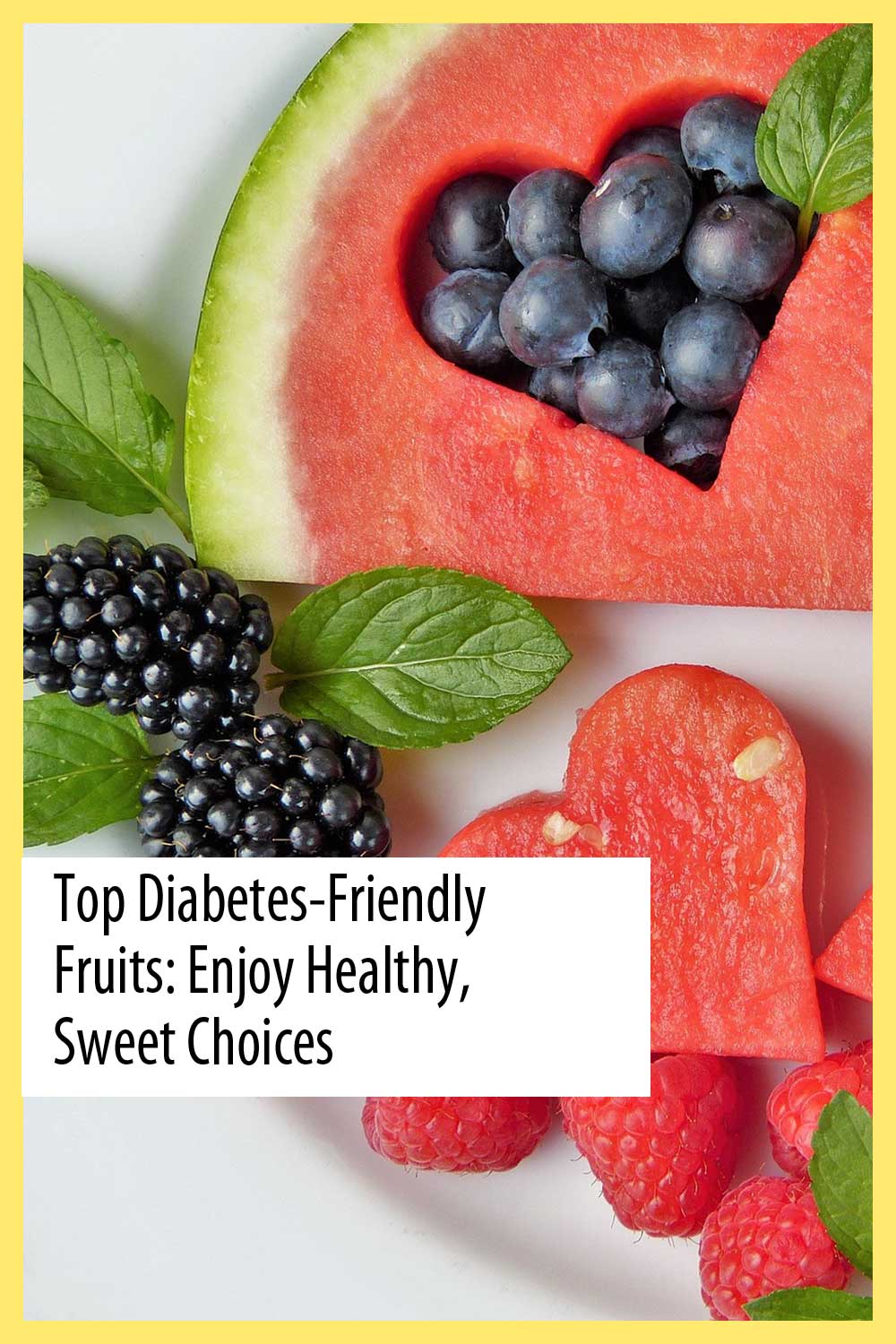
Medical Advice Disclaimer
DISCLAIMER: THIS WEBSITE DOES NOT PROVIDE MEDICAL ADVICE
I am not a doctor. The information, including but not limited to, text, graphics, images and other material contained on this website are for informational purposes only. No material on this site is intended to be a substitute for professional medical advice, diagnosis or treatment. Always seek the advice of your physician or other qualified health care provider with any questions you may have regarding a medical condition or treatment and before undertaking a new health care regimen, and never disregard professional medical advice or delay in seeking it because of something you have read on this website.

